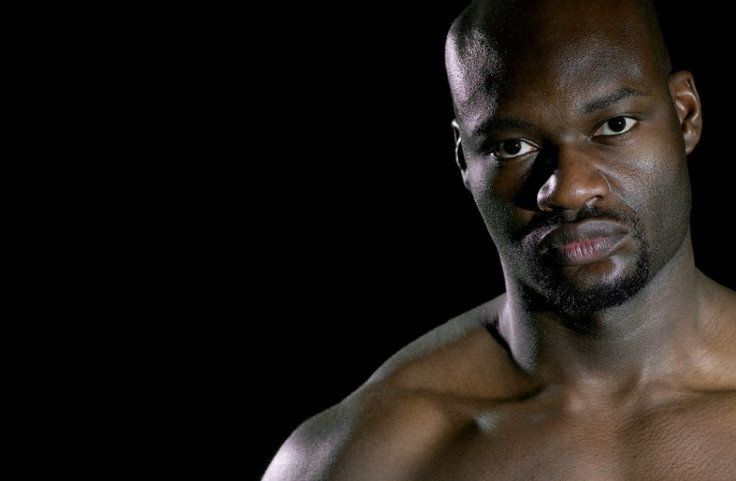Larry Olubamiwo Deserved Punishment Rather than Pardon
Larry Olubamiwo has his ban reduced from four years to just 12 months after giving evidence against another boxer for using performance enhancing drugs.

When Larry Olubamiwo was handed a four year ban for admittedly using 13 illegal substances he quickly claimed that he was far from the only British boxer using chemicals to give him an advantage in the ring.
The 18 stone heavyweight refused to name these fighters but told anyone that would listen that there was a list of boxers who he knew to be taking banned substances like the human-growth hormone and steroids that he used for more than six years.
"Yes I had been doping for six years but for most of you guys to think my opponents were not because of their physiques is quite ridiculous. Although I will not mention any names the majority of the boxers you all love so dear are on the stuff. Fact, and this is from me talking to them, seeing them buy the stuff or talking to their training personnel," Olubamiwo wrote on the Boxing News forum shortly after his ban.
"Cheating is when you are the only person doing something and since I know that I wasn't the only person doing it, it can't be defined as cheating, A large minority if not majority of boxers are doping and the naivety of the public to think that mine is an isolated case is staggering."
If Olubamiwo really had such knowledge then surely it was his responsibility to inform the British Boxing Board of Control. Cleaning up the sport should be a priority amongst all involved, from fighters and trainers, to promoters and managers.
So why has Olubamiwo waited a year before informing UK Anti-Doping chief executive Andy Parkinson of another fighter, Craig Windsor, he knew to be using banned substances? And why has he chosen a boxer who many even within the sport would have trouble identifying?
The positives for Olubamiwo are clear, by providing this name he has had his own sentence reduced and after serving just 12 months of his ban he has successfully regained his license. He returns to the ring on 29 June at York Hall in Bethnall Green and he'll look to get his career back on track.
Meanwhile it is now Windsor who has been handed a three year and nine month ban following an anti-doping rule violation. But what is there to stop the super-middleweight from doing the same as Olubamiwo and also having his own ban reduced.
While it is good that another drugs cheat has been exposed, it is disappointing that another returns to the sport after just 12 months. Surely it is time for more sever bans, in fact there could even be a case for life bans from the sport.
When a boxer takes a performance enhancing drug it does not just adjust the balance of competition but it also further increases the danger to their opponents health.
Steroids are known to make people stronger, faster and more aggressive. A clean fighter deserves to know that he is entering a contest on a level playing field and that his opponent has not taken short cuts to further enhance his ability.
The various anti-doping agencies certainly have a difficult job when it comes to boxing as each country or even state has its own guidelines. But British fighters should have confidence in the BBBofC and know that if a fighter is found guilty he will not be back in the ring within a matter of months.
Many would argue that effective anti-doping requires intelligence from those inside the sport but surely they must be punished rather than pardoned. In a sport that requires blood, sweat and tears, perhaps the only way to guarantee a clean sport is to finally introduce permanent bans as a proper deterrent to banned substances.
© Copyright IBTimes 2025. All rights reserved.




















